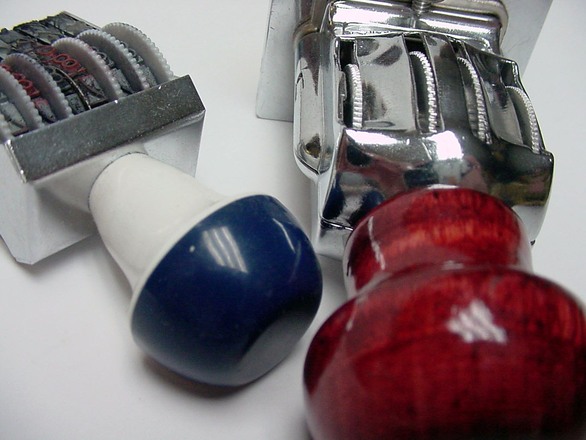

"The definition of a Patent Troll is quite simple," wrote one person earlier this week, echoing what some use to define "PAE" these days. It's "any company that makes the majority of its money using patents by threatening litigation."
"That's exactly what "Microsoft licensing" is doing. Microsoft now has its own in-house patent troll, or PAE..."Fortunately, the tool of most trolls (or PAEs) is on the rocks because of Alice. Software patents just can't stop dying, both in PTAB and in the courts. The USPTO nowadays allows virtually anything to be patented (the EPO too should watch out and treat it as a cautionary tale), but just because a patent is granted doesn't mean it's valid if/when properly challenged, especially if this patent covers software.
"This PTAB decision invalidating IV patent claims under 101 is deranged," wrote a patent lawyer, linking to this decision against Intellectual Ventures, Microsoft's and Bill Gates' patent troll, as well as the world's biggest patent troll.
"The only good software patent is a dead one.""The Sibling Patent to This One," added this lawyer (citing patent #9050977), "Did Get a 101 Rejection" or as this tweet puts it: "This reads like an un-patentable mental process that drivers do-just "done on a computer". http://www.pat2pdf.org/patents/pat9290181.pdf" [patent #9290181]
The only good software patent is a dead one. Another new example of a dead software patent is this one. To quote the Docket Report blog:
In a final written decision, the Board found claims of an electronic content distribution patent unpatentable under 35 U.S.C. €§ 101. "The ’464 patent describes that electronic publications were commonly replicated in computer-readable form on magnetic or optical storage diskettes and distributed to retails stores or by direct mail sales. Thus, the concept of distributing electronic information products (content) was known prior to the ’464 patent. Further, we agree with Petitioner that distribution of publications (versus electronic publications), has long been known. . . . . [W]e determine that the claims are directed to the abstract concept of distributing electronic content, or more specifically, to selecting, transporting, storing, and displaying electronic content."
"Unlike Apple, these Asian company actually produce things, not just advertising and refining their logos."Vis-à-vis design patents and software patents at SCOTUS, following perhaps thousands of media reports such as this, IDG served to confirm what Florian Müller had foreseen, namely this. From the IDG story: "Judge Lucy Koh is concerned that the outcome of the trial could be questioned after a Supreme Court review" (excerpted by Müller).
Will there ever be peace? Well, that all depends on Apple, which started this whole war with its patents on software and design (usually software GUI). Here is what happens among Asian companies like Samsung right now: "Midea and Toshiba announced last week that they had signed a memorandum of understanding for a deal which would see China’s largest home appliances manufacturer acquire the majority of the Japanese tech giant’s white goods business." Unlike Apple, these Asian company actually produce things, not just advertising and refining their logos. Apple now spends a lot of money on patent lawyers; no wonder the products are obscenely overpriced (costs associated with endless advertising and patent lawyers get passed down). ⬆